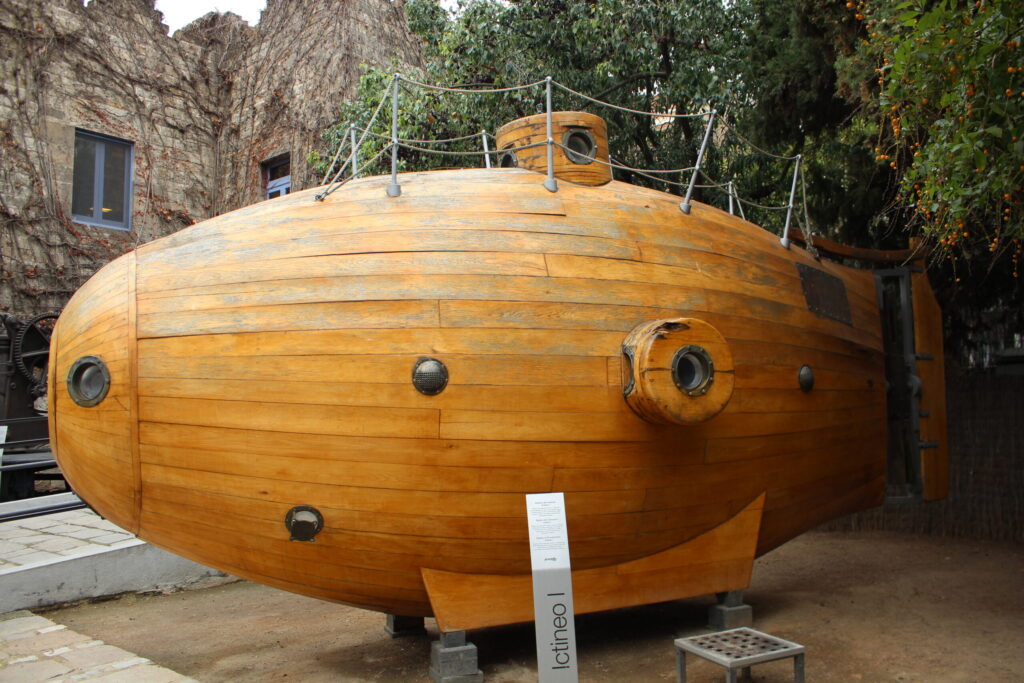A study of the Faculty of Medicine and Life Sciences of the University Pompeu Fabra ( MELIS-UPF) and the Hospital de Mar points out what the public’s vision is of the doctors of the future. This is a pioneering initiative that, through consultations with focus groups, has listened to citizens to understand their vision of the medical professionals of the future.
The UPF has already integrated a good part of the needs detected in the study into its Degree in Medicine, taught in partnership with the Hospital de Mar. The Faculty of Medicine and Life Sciences ( MELIS) The Pompeu Fabra University and Hospital de Mar are presenting today the results of a joint study, a pioneer in Catalonia and Spain, to find out what citizens’ vision of the doctors of the future is. As a result of the study, since this academic year the University has taken a series of measures to correct the needs detected in its new Degree in Medicine, taught in collaboration with the professionals of Hospital de Mar.
The study, which began in June 2023, has had the participation of diverse citizens – combining different ages, sexes or origins – both those who make intensive use of health services and young people, future patients of the system.
Marta Hurtado, head of the Citizen Service at Hospital de Mar, specifies that “several qualitative research techniques have been used, such as experience diaries, focus groups and prioritization of results.”
The results of the study show that citizens primarily recognize that much of what can be improved is not due to professionals but to a saturated health system. However, they also believe that there are teachings that should be reinforced in the faculty. Specifically, they would like the doctors of the future to be both more human and more technological.
That is to say, on the one hand, professionals with a more personalized approach to the patient, who are interested in their context and not just in the affected organ, who know how to listen to them and try to act more preventively. But at the same time, they are continuously trained and master the latest technological tools, such as artificial intelligence. They hope that a good use of technology will result in better care and more time for communication with patients and families.
“We are already implementing changes and reinforcing fifteen subjects in the Medicine Degree to prepare our students to better meet the needs of society,” explains Joan Ramon. Masclans , dean of the Faculty of Medicine and Life Sciences of the UPF and Head of the Intensive Medicine Service at the Hospital de Mar.
The study was presented in the Josep Marull of the Hospital de Mar in an event attended by the Minister of Health, Olga Pané , the rector of the UPF, Laia de Nadal, and the president of the Hospital, Marga Esteve, among others. At the Hospital de Mar, numerous initiatives are developed to encourage the participation of patients, families and the general population.










